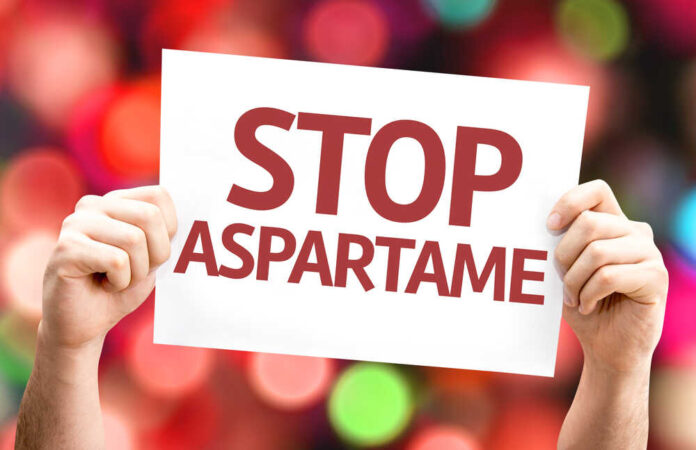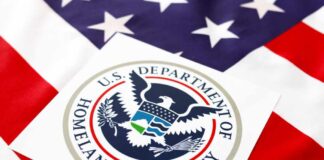
In a development that has sent waves through the global food and beverage industry, aspartame, a commonly used artificial sweetener, is on the brink of being labeled a possible carcinogen by the World Health Organization (WHO).
According to the International Agency for Research on Cancer (IARC), a division of the WHO, there’s been an assessment of aspartame’s potential carcinogenic impact. The Joint FAO/WHO Expert Committee on Food Additives (JECFA) is set to update its risk assessment on aspartame, which includes a review of the acceptable daily intake and dietary exposure. While the announcement has made headlines, it’s crucial to remember that the WHO report indicates only limited evidence tying aspartame to cancer.
Approved by FDA in 1974.
And today on the FDA website:
"Scientific evidence has continued to support the FDA’s determination that aspartame is safe for the general population when used under the approved conditions of use."
-the agency we're supposed to trust on vaccines. https://t.co/r5YUchIuPv— MichaelBoldin (@michaelboldin) June 29, 2023
Aspartame, a key ingredient in popular products like Diet Coke, sugar-free chewing gum, Dannon Activia yogurt, certain cough drops and toothpaste brands, is consumed daily by millions worldwide. Despite its widespread use, the IARC’s assessment doesn’t consider how much a person can safely consume.
The beverage industry stalwart, Coca-Cola, remains tight-lipped about the upcoming announcement. However, with members like PepsiCo and Mars Wrigley, the International Sweeteners Association has voiced serious concerns about the preliminary speculation. The Association’s secretary-general, Frances Hunt-Wood, commented, “Aspartame is one of the most thoroughly researched ingredients in history, with over 90 food safety agencies across the globe declaring it is safe.”
The Association is not alone in its skepticism. The International Council of Beverages Associations, a trade body for the non-alcoholic beverage industry, criticized the report leak, arguing it could unnecessarily lead consumers to use sugar-rich alternatives over safe no- and low-sugar options.
This announcement marks another blow to sugar substitutes. The WHO recently advised against using non-sugar sweeteners for weight loss, citing their ineffectiveness. While the guidance didn’t describe specified health risks, the IARC’s forthcoming declaration might influence consumer behavior.
In the past, such determinations have had significant consequences for businesses. For instance, the glyphosate review by the IARC in 2015 resulted in substantial legal and financial troubles for Bayer, the German pharmaceutical and pesticide giant. Given the potential impacts, the industry is keenly awaiting the complete reports, set for release on July 14.
Meanwhile, aspartame continues to be a part of daily life for many, including high-profile figures like actor Tom Hanks, who has a fondness for “Cokeagne,” which is a mix of Diet Coke and Champagne, and former Presidents Donald Trump and Bill Clinton, both seen often with the iconic silver can in hand.
As we await the WHO’s final verdict, consumers and industry insiders alike must balance the pleasure derived from their favorite sweet treats with the possible risks to their health.












